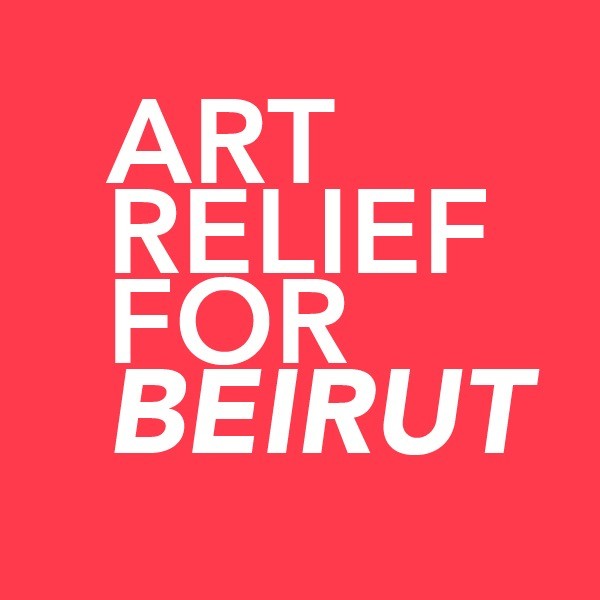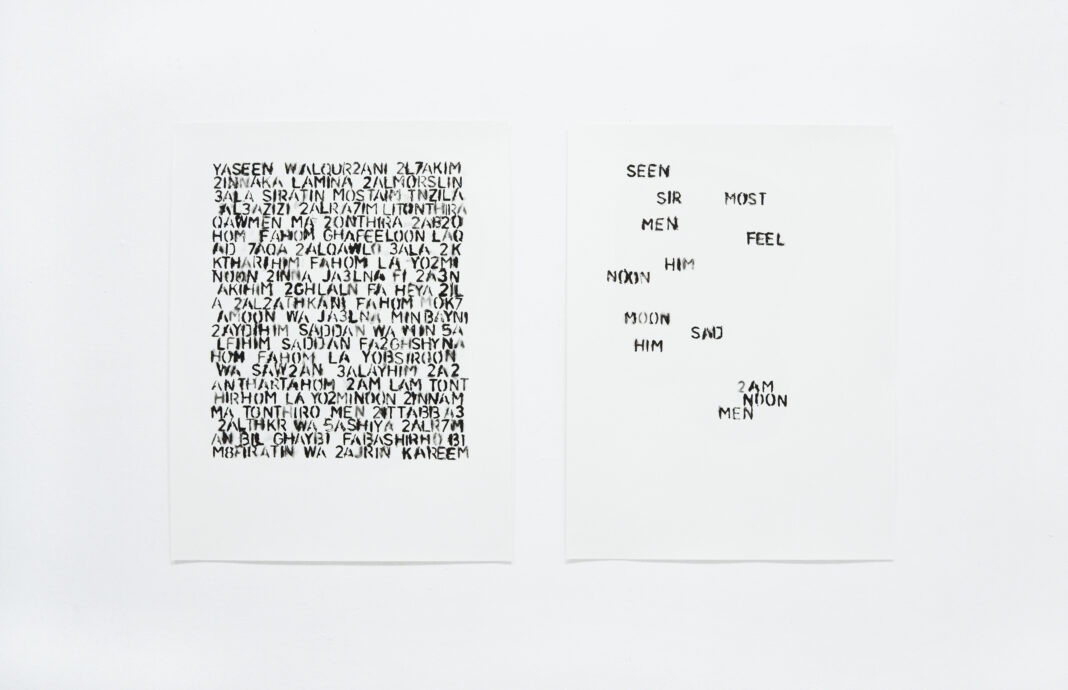LEBANON. Beirut. On 4 Aug. a devastating explosion destroyed Beirut’s port area. It left over 200 people dead and more than 7,000 injured, with another 300,000 displaced. The blast shattered one of Beirut’s most vibrant and visited sectors, a social and economical hub in the city. The blast could have been prevented since it was caused by the lack of accountability systemic corruption creates.
The explosion consumed the port within hours while corruption has devoured the country for years. At the beginning of August, Lebanese citizens were already struggling with a harsh economic crisis, aggravated by the COVID-19 pandemic. The October revolution demonstrations started back in 2019. The government failed to meet society’s demands during that time. Shortly after the blast, the government stepped down. The administration was unable to combat its own corruption.
Coping with man-made disasters
“After the explosion, I could not focus, I’d be thinking about it every day, it was the shock, (…) it was a man-made disaster,” says Mohamad Kanaan. Beirut born contemporary artist, he is responsible for the artrelief4beirut fundraising initiative. While the explosion might have affected his work, it certainly left his willingness to help unscathed.
Mohamad had already been invested in social developments in Lebanon. He took part in the civil protests and two months prior to the explosion, he worked on a fundraising campaign to help Lebanese families directly. Far from being alone, it seems Lebanese citizens are supporting each other and their neighbors to rebuild their community and their broken city. For example, some of those who could leave are opting instead to stay and join forces.
How artrelief4beirut works
Mohamad, as an artist, knew a piece of paper could actually become money. So as early as 7 Aug. he launched artrelief4beirut on Instagram. At first, he contacted his friends. Artists started donating artworks. The pieces are shown on the account. A buyer sends the donation receipt and so the art piece is sold. The money gets to local NGOs previously vetted for transparency. Some of these include Impact Lebanon, Baytna Baytak, Enga Lagna, Lebanese Red Cross, and others.
“At first there were mostly Lebanese artists, then Lawrence Abu Hamdan (2019 Turner Prize winner) joined in. We raised over $50,000 in two days.” So far, they have raised over $160,000. International artists contact them to donate their artworks and curators ask how can they help. “Send artists to join,” responds Mohamad.
Thus, at the same time that the news visibility decreases, “The account is getting more attention. At first, I thought I’ll keep it up for two weeks. Now it´s becoming a full-time job.” Mohamad is not sure how long the initiative will last. What he does know is how important it is to support the people in Beirut. One art piece sold can sustain a family for three months or help a homeless illegal immigrant, stuck in the embassy, go back to their country.
Highlighted social issues
Every week a certain social issue is highlighted that requires urgent attention. The Children’s Cancer Center has been one of the latest to join the initiative. Although donors can choose where to direct their donations, the funds raised reach all issues and NGOs.
Mohamad did not expect this scale of response. “There is a lot of interest in the initiative from artists from everywhere, it is easier to donate if there is a connection to Beirut and Lebanon is ultimately a cultural center in the Middle East.” Some of the artists participating include Isabelle Cornaro, Rafael Domenech, Dexter Dalwood, and Mona Hatoum.
Art helps us relate to one another and in so doing, strengthens communities. In this case, art helps rebuild communities. The art piece, the piece of paper Mohamad referred to earlier, can physically transform into food, shelter, and support. Sometimes a piece of paper can become a rescue boat named Louise Michel. The social responsibility and solidarity behind the initiative have beautifully surpassed borders.

Change is possible and requires effort
Mohamad hopes to keep spreading the word about the artrelief4beirut initiative. “The explosion will affect people’s lives for a very long time. If this doesn’t shake Lebanese people to fight corruption… because first, we need to be aware, and then we take action. (…) Young people need to take action and I believe change is possible.”
As long as individuals such as Mohamad, the many helping in Beirut, and the many collaborating from afar, keep working together, change indeed looks possible. In fact, it looks like something people are already building together.



